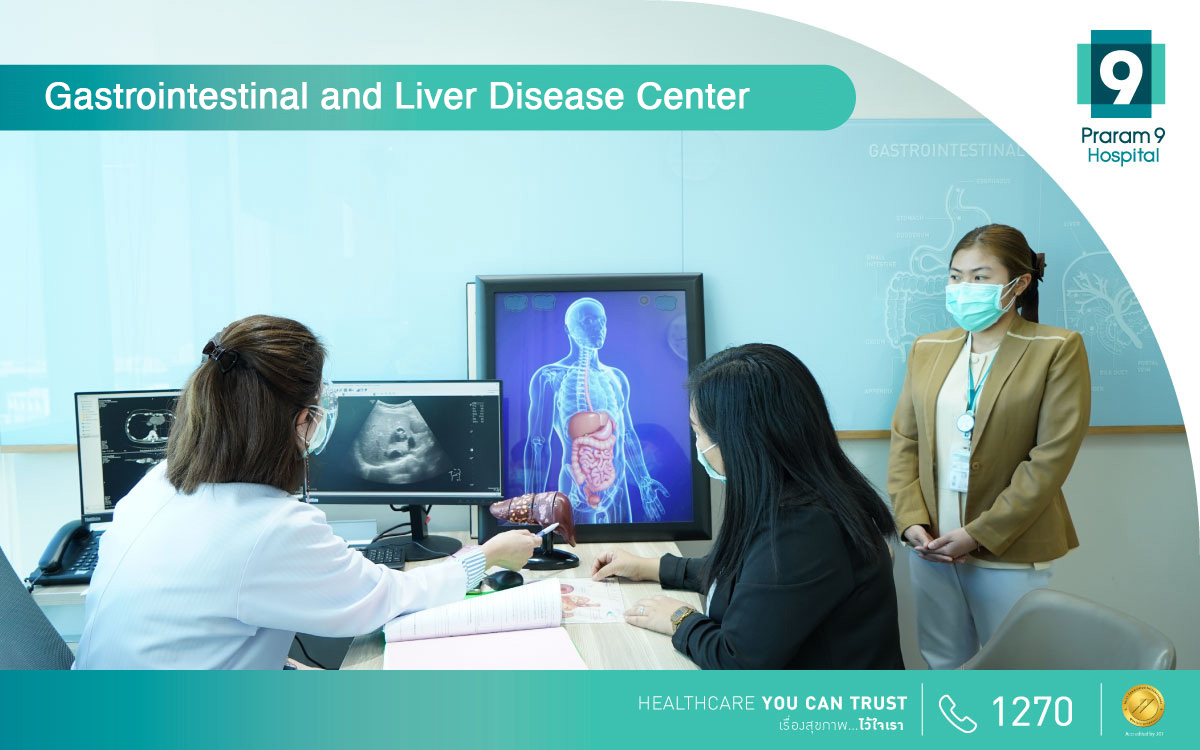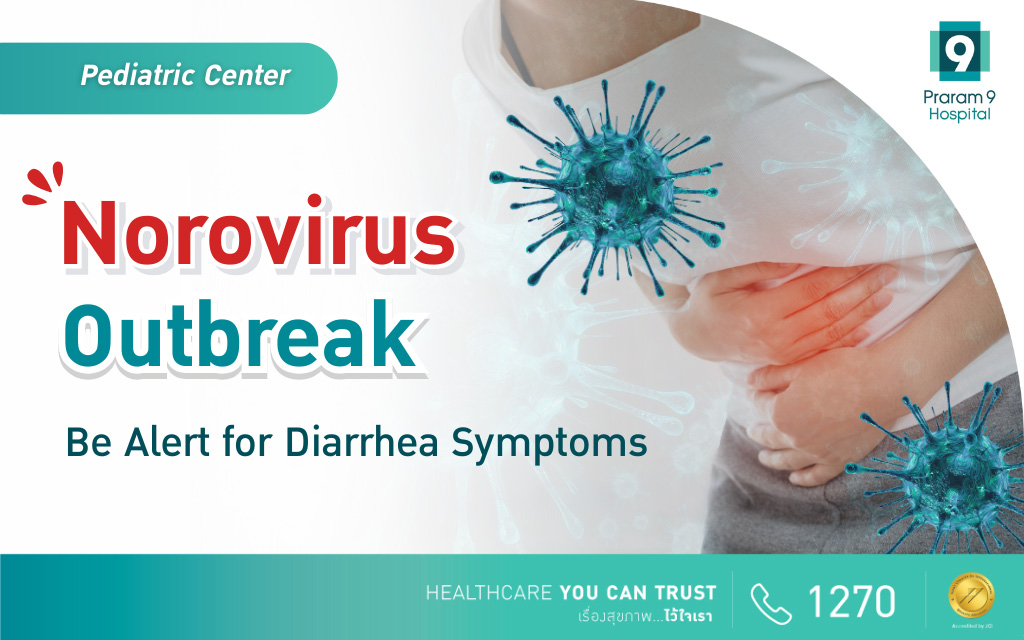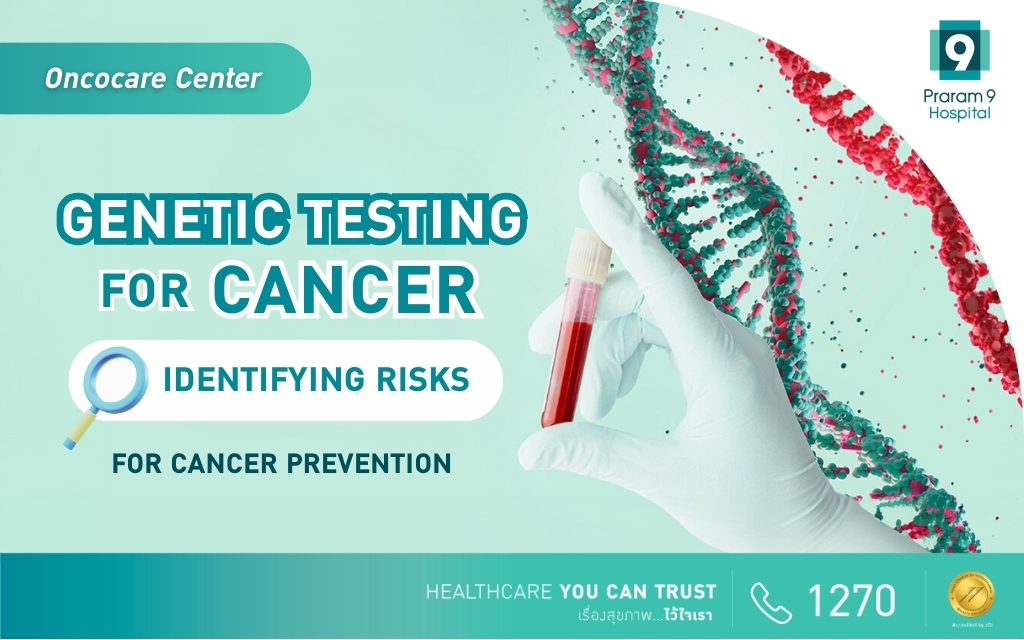Gastrointestinal and Liver Disease Center
Medical Center
Praram 9 Hospital

With the advent of our changing lifestyle, eating habits, in addition to stress, pollution and contaminants, the prevalence of gastrointestinal disease is on the rise.
Praram 9 Hospital’s Gastrointestinal and Liver Disease Center has one of the best expert clinicians in the country, specialising in the diagnosis and treatment of digestive diseases. The center serves as a hub for gastroenterologists and hepatobiliary surgeons to provide the best care for patients, and ensure that holistic and personalized treatment approach is offered to all patients. We treat both common conditions such as dyspepsia, reflux, constipation, diarrhoea and hepatitis, as well as more complex and chronic conditions, such as inflammatory bowel disease, gastrointestinal and liver cancer.
Screening and Prevention
- Physical examination and blood tests
- Stool examination
- Diagnostic and therapeutic endoscopy and colonoscopy
- Virtual colonoscopy
- Investigations such as abdominal ultrasound, CT scan and MRI
- Resection and surgery for gastrointestinal cancer
- Laparoscopic surgery
- Treatment for hepatitis B and C
Location
Gastrointestinal and Liver Disease Center 8th Floor, Building B, Praram 9 Hospital
Operating Hours
Open daily : 08.00 - 20.00
Medical Institution
Specialized Medical Center
Doctor

Dr.Krongthip Luangvichcharoen
Gastrointestinal and Liver Disease Center

Dr.Chaipichit Puttapitakpong
Gastrointestinal and Liver Disease Center
Knowledge

Norovirus Outbreak: Be Alert for Diarrhea Symptoms
Norovirus is a highly contagious virus that commonly spreads during colder months. It leads to gastrointestinal symptoms such as vomiting, abdominal pain, diarrhea, fever, fatigue, and dehydration.

Can Lung Cancer Be Cured? Find Out Here!
Lung cancer is one of the most serious types of cancer and a leading cause of cancer-related deaths worldwide.

Genetic Testing for Cancer: Identifying Risks for Cancer Prevention
Cancer is a serious disease caused by the abnormal growth of cells in the body. These cells can spread to different parts of the body, damaging organ function.





